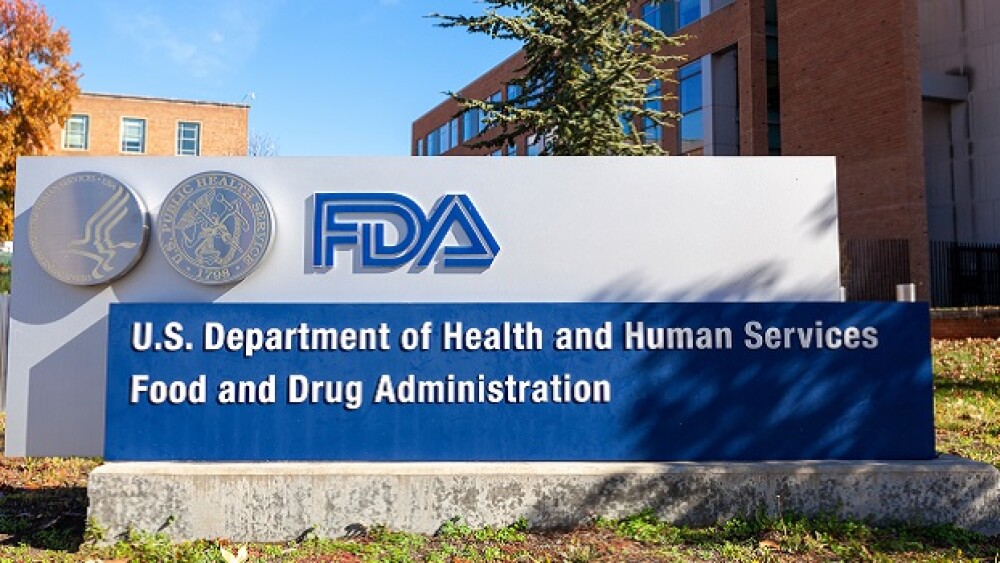Govorestat failed its primary composite measure but showed signals of efficacy, leading the company to push forward with an NDA.
Pictured: FDA/Courtesy: Grandbrothers, Adobe Stock
Findings from the ACTION-Galactosemia Kids study showed Applied Therapeutics’ govorestat fell short of its primary endpoint, inducing no significant functional improvement in children with galactosemia, a rare genetic metabolic disease.
Still, the company said these data sufficiently support govorestat’s clinical efficacy and are strong enough to back a New Drug Application (NDA).
In an investor call Monday, Shoshana Shendelman, CEO and founder of Applied Therapeutics, said govorestat has demonstrated compelling evidence of clinical benefit in patients with galactosemia, along with a favorable safety profile.
“We plan to request a pre-NDA meeting immediately with the FDA to discuss the potential NDA submission in the second half of 2023,” Shendelman said.
The company has also received supportive feedback from the European Medicines Agency and plans to file a Marketing Authorization Application in mid-2023.
Galactosemia is characterized by the inability to metabolize galactose. In turn, the simple sugar is converted into the toxic metabolite galactitol, which leads to neurological complications such as impaired speech, motor skills and cognition.
Govorestat is an oral small-molecule drug that can penetrate the central nervous system. It works by inhibiting the aldose reductase enzyme and is in development for several rare neurological conditions, including sorbitol dehydrogenase deficiency.
ACTION-Galactosemia Kids was a Phase III, placebo-controlled study enrolling 47 children with galactosemia between the ages of two and 17. The study’s primary outcome was a composite of four efficacy endpoints that measured oral expression, listening comprehension, behavior and activities of daily living.
The study’s analysis also included an additional pre-specified primary endpoint, evaluating govorestat’s effects on cognition.
Govorestat failed to significantly improve the five-symptom composite as compared with the placebo. In particular, the drug did not affect oral expression and listening comprehension, which the company said could be because almost all participants were undergoing speech therapy. Disease progression was not as severe as expected among controls.
The study drug did not yield a significant cognitive benefit.
Nevertheless, Applied Therapeutics focused on the positive side of its data in a press announcement, highlighting the “systematic improvement over time” in the primary endpoint, which is indicative of govorestat’s “consistent and sustained clinical benefit” on galactosemia symptoms.
Applied Therapeutics pointed to a post-hoc efficacy analysis, which only included data from the behavior and activities of daily living components of the primary composite endpoint. Govorestat was significantly better than the placebo in these domains, with its benefits strengthening over time.
The study drug also significantly improved adaptive skills and tremors at 18 months.
As for safety, govorestat was well-tolerated across all age groups and did not result in treatment-related serious adverse events.
Concurrent with the data drop from ACTION-Galactosemia Kids, Applied Therapeutics announced it is looking to raise $30 million in a private placement, which is expected to close Wednesday. The company plans to use the funds to support research and development and registration activities for its assets, as well as for working capital and general corporate purposes.
The private placement, current cash, and potential milestones will carry Applied Therapeutics through the middle of 2024.
Tristan Manalac is an independent science writer based in metro Manila, Philippines. He can be reached at tristan@tristanmanalac.com or tristan.manalac@biospace.com.






